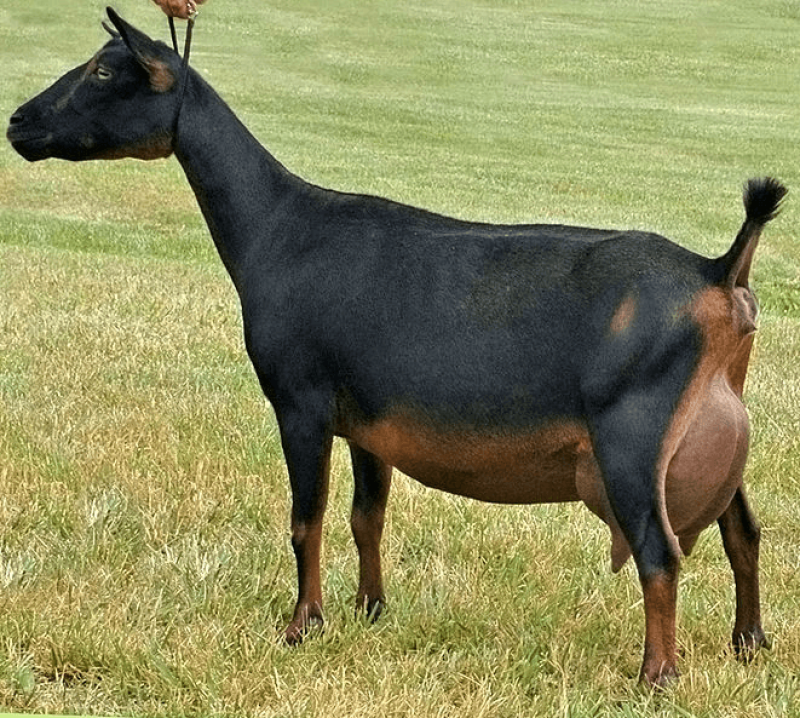β-Lactoglobulin (BLG) is a dominant allergen present in the milk of goats and other ungulates, although it is not found in human breast milk. Thus, the presence of BLG restricts the consumption of goat’s milk by humans. In the present study, we examined whether the disruption of the BLG gene in goats by homologous recombination (HR) reduced BLG content in goat’s milk and decreased the allergic response to milk. … [We generated] two transgenic goats possessing a BLG knockout allele or site-specific hLA [human α-lactalbumin] integration allele. Milk assays demonstrated a reduction in BLG levels in both the BLG knockout and hLA knock-in goats; furthermore, hLA was present in the hLA knock-in goat’s milk. Allergenic analysis in mice indicated that the transgenic goat’s milk was less allergenic than wild-type goat’s milk. These results support the development of gene-targeted animals as an effective tool for reducing allergic reactions to milk and improving nutrition.
The GLP aggregated and excerpted this blog/article to reflect the diversity of news, opinion and analysis. Unfortunately the full article is paywalled. Non-subscribers can access it here for a fee: Generation of β-lactoglobulin-modified transgenic goats by homologous recombination































